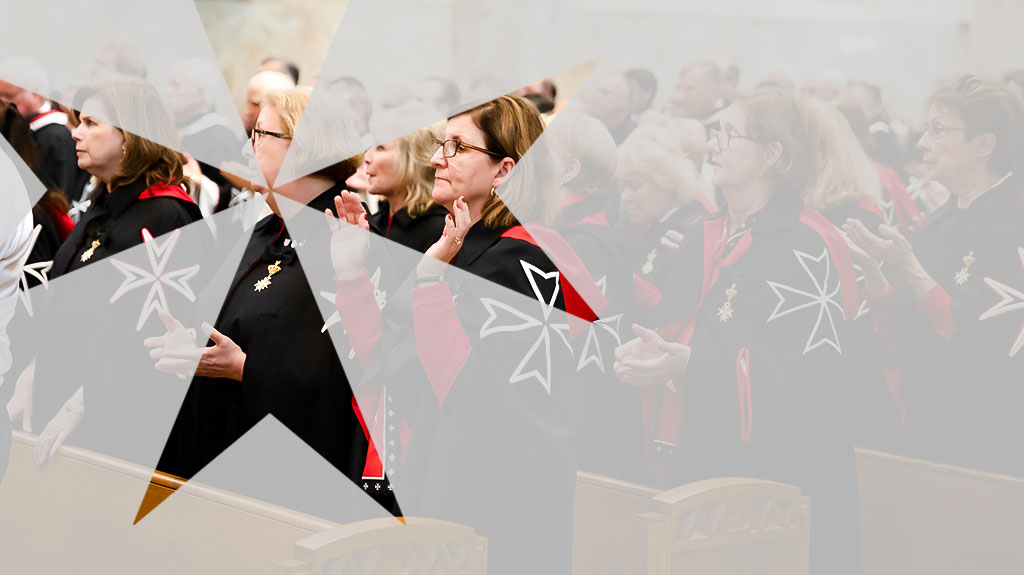As you have seen, our president, Richard Grant, has asked us to pray a novena for the on-going work of the Order’s reform. Bishop Lafitte’s prayer, which Richard asked us to employ in this devotional enterprise, begs God’s blessing on those involved in the reform effort.
Grant them Prudence and Counsel through the Gift of Your Holy Spirit. Give them a spirit of intelligence, of truth and of peace. May they work under your watchful care with humility, in a spirit of service and purity of heart.
At the 2013 Subpriory Retreat we studied some reflections by Geza Grosschmid, a member of the Order who wrote toward the middle of the last century. His Spiritual Heritage of the Sovereign Military Order of Malta touches upon poverty, chastity and obedience, as well as the moral and theological virtues. Among the former is the Prudence Bishop Lafitte urges us to pray for.
Prudence is one of those qualities that separate the wise from the fool. It is the care and caution with which the wise judge options and choose actions that avoid extremes. Grosschmid observes that Prudence “regulates the use of just means to attain the end desired.” This anticipates our Catechism, which defines Prudence as “the virtue that disposes practical reason to discern our true good in every circumstance and to choose the right means of achieving it.” (CCC #1806).
“Practical” reason is the human capacity by which we choose the paths that will lead us to a particular goal. It is less concerned with theoretical knowledge than with the here-and-now realities we must deal with in our everyday lives. To be sure, this requires some knowledge of general principles, but the goal of Prudence is action – specifically, making proper choices. St. Thomas Aquinas quotes Aristotle, saying Prudence is “right reason applied to action” (II-II, 47:2). And St. Augustine defines it simply as “the knowledge of what to seek and what to avoid.”
In this regard we need to remember that true Prudence has to do with proper choices. When we talk about “good students” – or “good writers” – we are describing truly prudent behavior, because these individuals are using their knowledge and skills for a proper purpose. However, this manifestation of Prudence is imperfect, because it is directed toward our own good, and is not concerned with the larger, common good. Our Prudence is both true and perfect when we learn, judge, and act with concern for our whole life, which is a life lived with others, and reflects what Bishop Lafitte so eloquently calls “the maternal solicitude of [the] Holy Church.”
The value of Prudence as our leaders and representatives gather and strive to clarify the direction of our Order is obvious. Their decisions will make a lasting impact on all the Order’s members, so these decisions must be motivated by concern for the common good.
Let us throw ourselves wholeheartedly into the novena. During these days we will celebrate the Feast of the Presentation of Jesus in the Temple, the day we traditionally bless the candles we use in liturgical celebrations throughout the year. May our prayers be a source of light to our sisters and brothers as they strive to discern the spiritual paths we are to tread.
May 2018 prove a truly happy and grace-filled New Year!
Fr. Reginald Martin, O.P.

